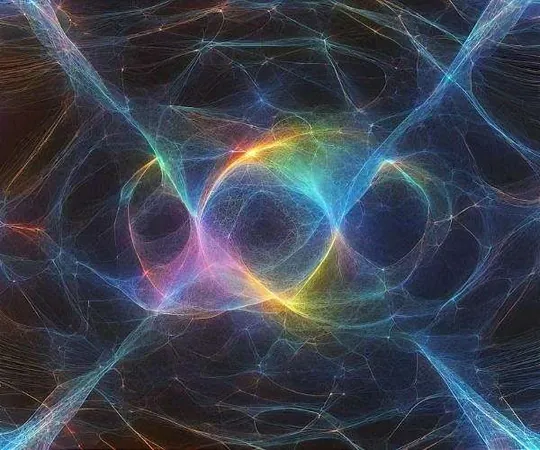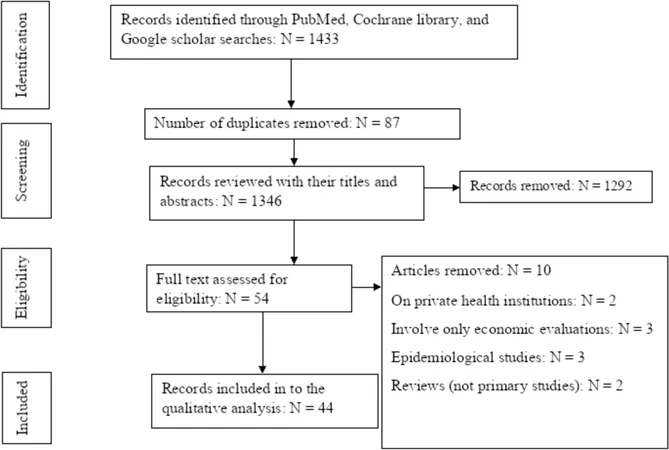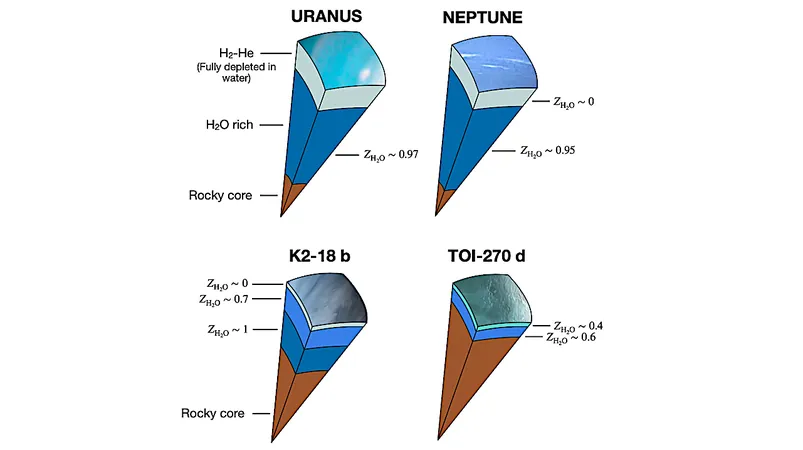
Dark Energy Dilemma: New Findings Suggest Our Universe Might Not Be What We Thought!
2024-12-22
Author: Arjun
Introduction
In a revolutionary study from New Zealand's University of Canterbury, researchers have cast doubt on the existence of dark energy, a concept that has perplexed cosmologists for decades. This eye-opening research, published in the Monthly Notices of the Royal Astronomical Society Letters, claims that the expansion of the Universe is more erratic than previously imagined, leading scientists to reconsider the role of dark energy in driving this acceleration.
Challenging the Status Quo
For over 100 years, the scientific community has largely accepted that the Universe expands uniformly, attributing its accelerating expansion to dark energy—a mysterious force theorized to counteract gravity. However, Professor David Wiltshire and his team suggest a radical alternative: the "timescape" model. This theory posits that variations in the Universe's expansion are a result of gravitational effects influencing the flow of time, rather than a uniform anti-gravitational force.
Gravitational Time Dilation
The heart of the timescape model is a phenomenon known as gravitational time dilation. This effect means that clocks in regions of low gravity, such as vast cosmic voids, tick faster than those in denser areas. As a result, cosmic voids appear to expand more rapidly, creating the false impression of an accelerating Universe without necessitating dark energy.
Significant Implications
The implications of this new research are significant, especially in light of ongoing debates surrounding the Lambda Cold Dark Matter (CDM) model, which has dominated cosmological thinking. Recent observations have unveiled discrepancies known as "Hubble tension," where the expansion rate inferred from the Cosmic Microwave Background (CMB) does not match current measurements. Data from the Dark Energy Spectroscopic Instrument (DESI) also suggests that dark energy may not be a constant entity, further undermining the foundations of the CDM model.
Rethinking Universe Models
Professor Wiltshire noted, "The current architecture of the Universe—a web of galaxy clusters, filaments, and vast voids—demands that we rethink our models. Einsteins equations might work differently than we believed, and it is possible to explain cosmic expansion without invoking dark energy."
Future Research
As scientists plan to test the timescape model with high-precision instruments like the European Space Agency’s Euclid satellite and NASA’s Nancy Grace Roman Space Telescope, the stakes are high. Euclid alone requires over 1,000 independent high-quality supernova observations to differentiate between the timescape and CDM models.
Groundbreaking Evidence
The groundwork for this groundbreaking research builds on prior studies, including a 2017 analysis where the timescape model showed potential advantages over the conventional CDM framework. Working closely with the Pantheon+ team, which compiled data from 1,535 supernova observations, the Christchurch researchers now assert they have gathered "very strong evidence" for the timescape model, possibly resolving longstanding enigmas like Hubble tension.
Conclusion
As this bold new perspective on cosmic expansion gains traction, the much-debated question remains: could the very fabric of our understanding of the Universe be on the brink of a transformative change? Keep watching the skies, as new data may soon reshape the cosmos as we know it!




 Brasil (PT)
Brasil (PT)
 Canada (EN)
Canada (EN)
 Chile (ES)
Chile (ES)
 Česko (CS)
Česko (CS)
 대한민국 (KO)
대한민국 (KO)
 España (ES)
España (ES)
 France (FR)
France (FR)
 Hong Kong (EN)
Hong Kong (EN)
 Italia (IT)
Italia (IT)
 日本 (JA)
日本 (JA)
 Magyarország (HU)
Magyarország (HU)
 Norge (NO)
Norge (NO)
 Polska (PL)
Polska (PL)
 Schweiz (DE)
Schweiz (DE)
 Singapore (EN)
Singapore (EN)
 Sverige (SV)
Sverige (SV)
 Suomi (FI)
Suomi (FI)
 Türkiye (TR)
Türkiye (TR)
 الإمارات العربية المتحدة (AR)
الإمارات العربية المتحدة (AR)